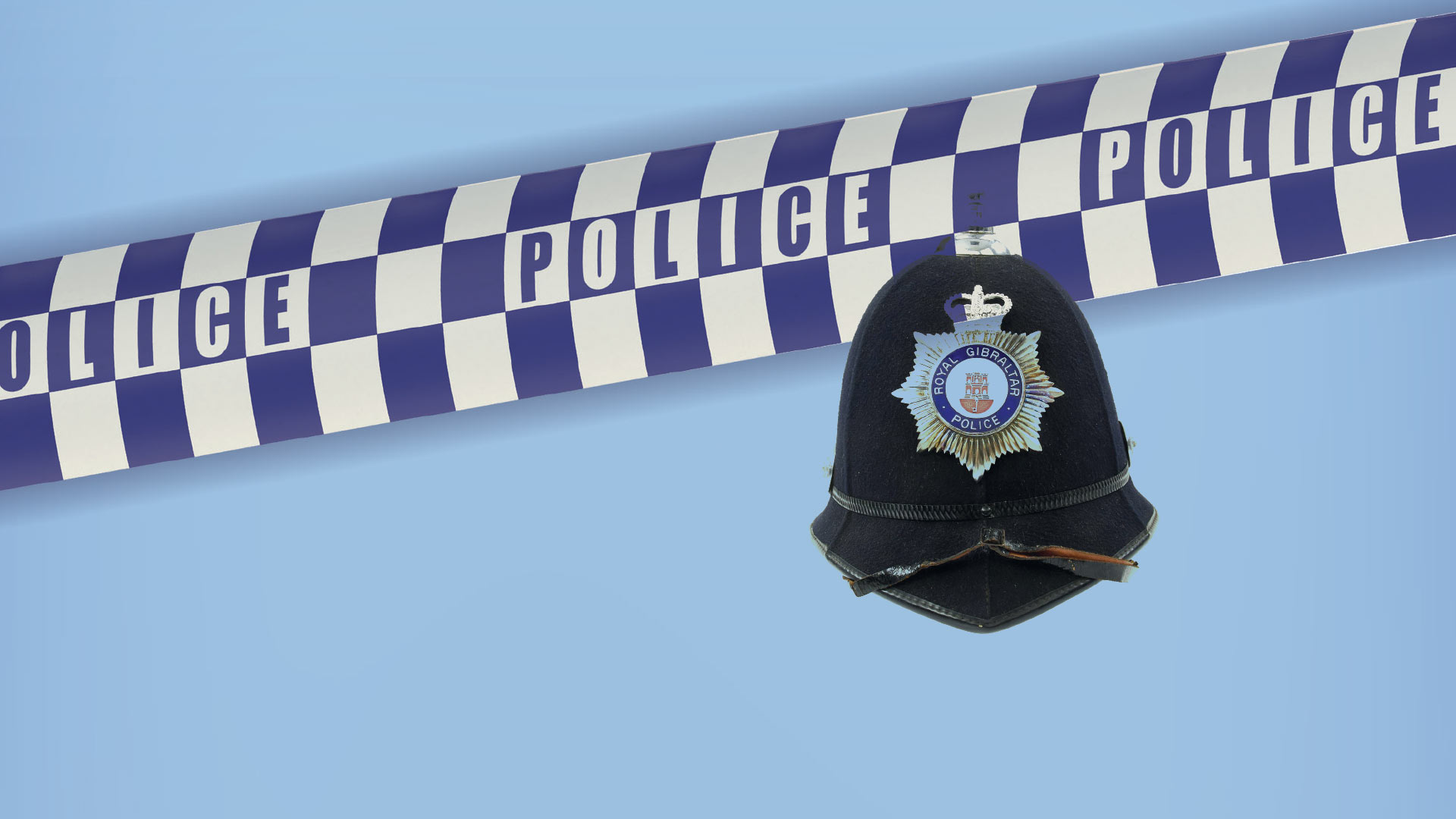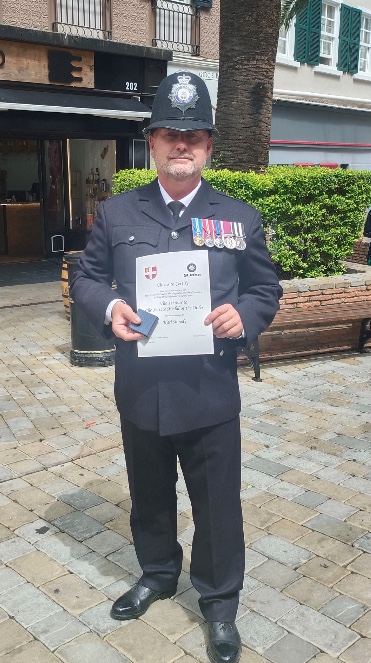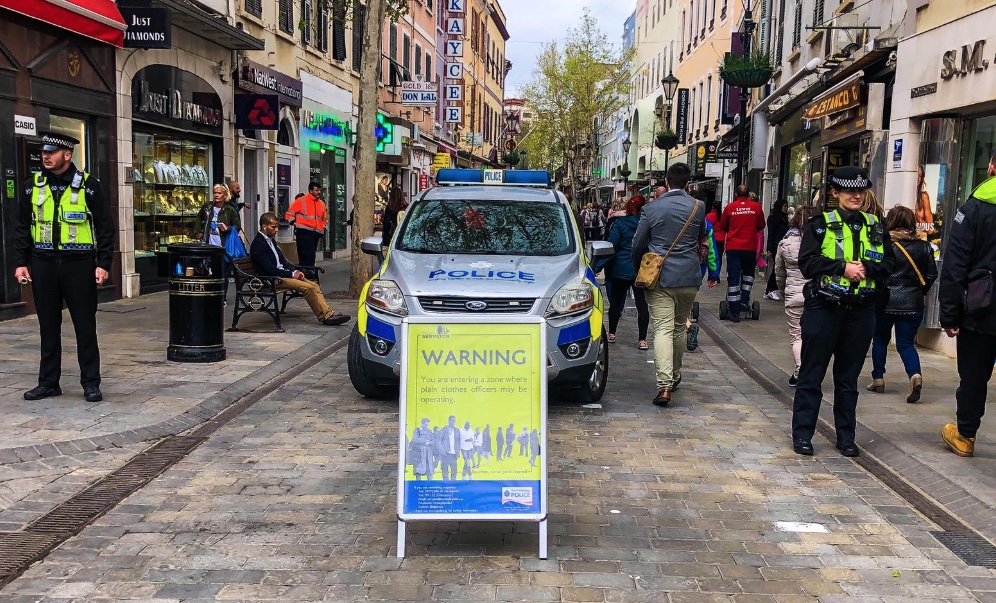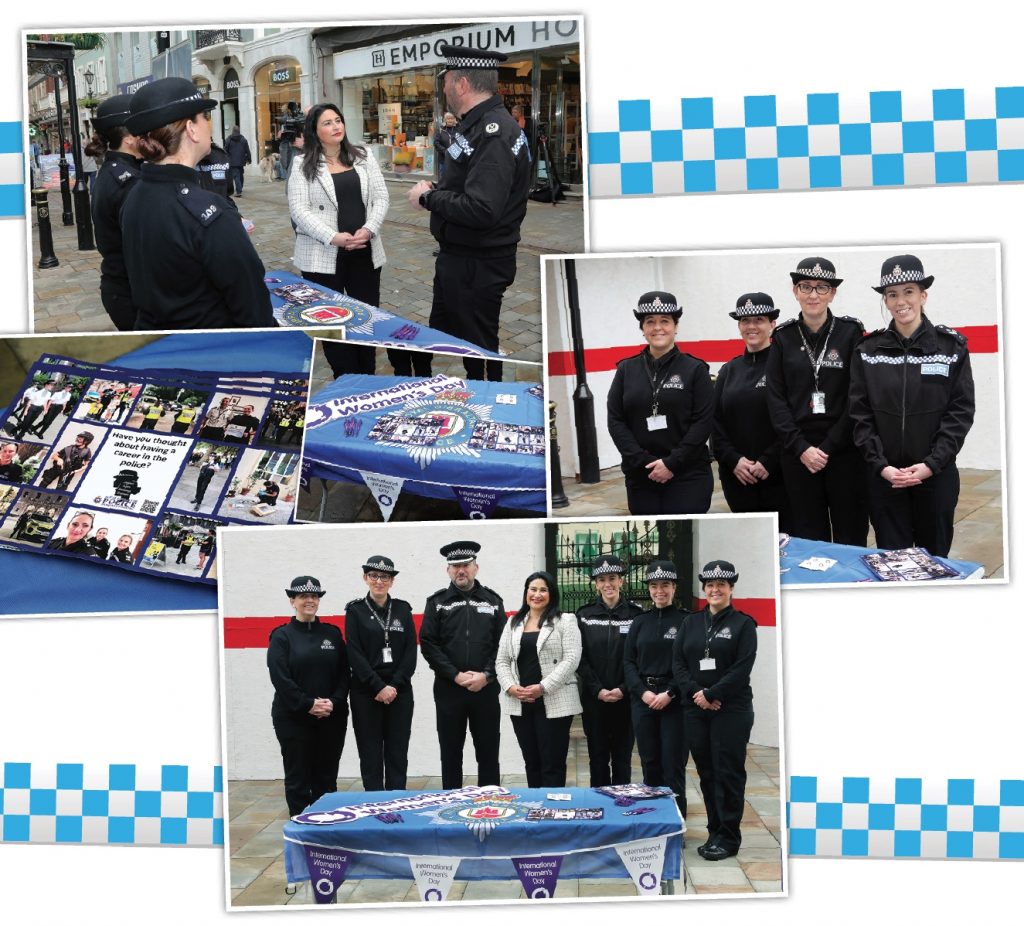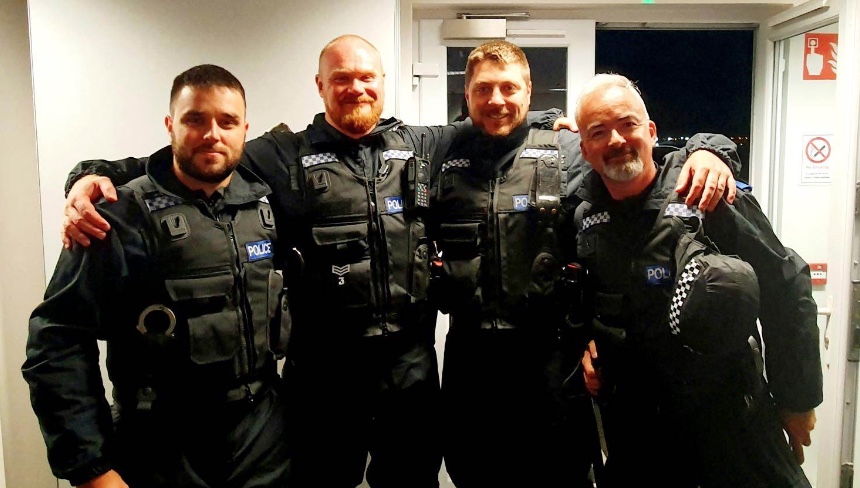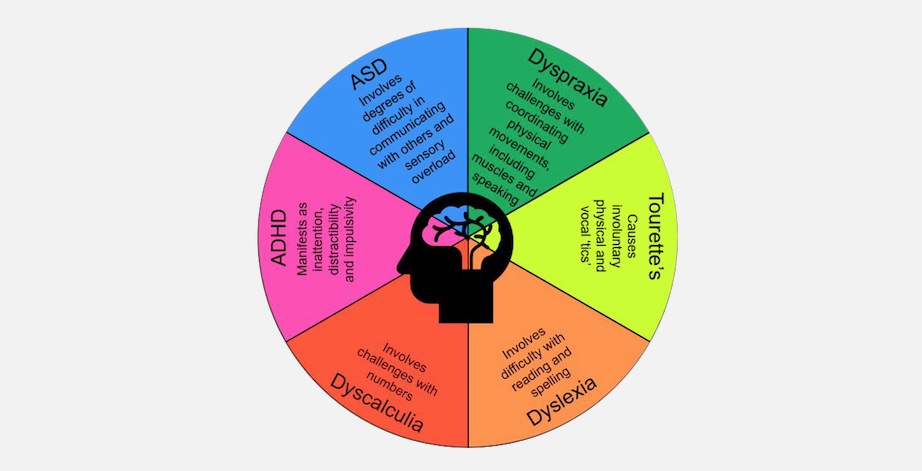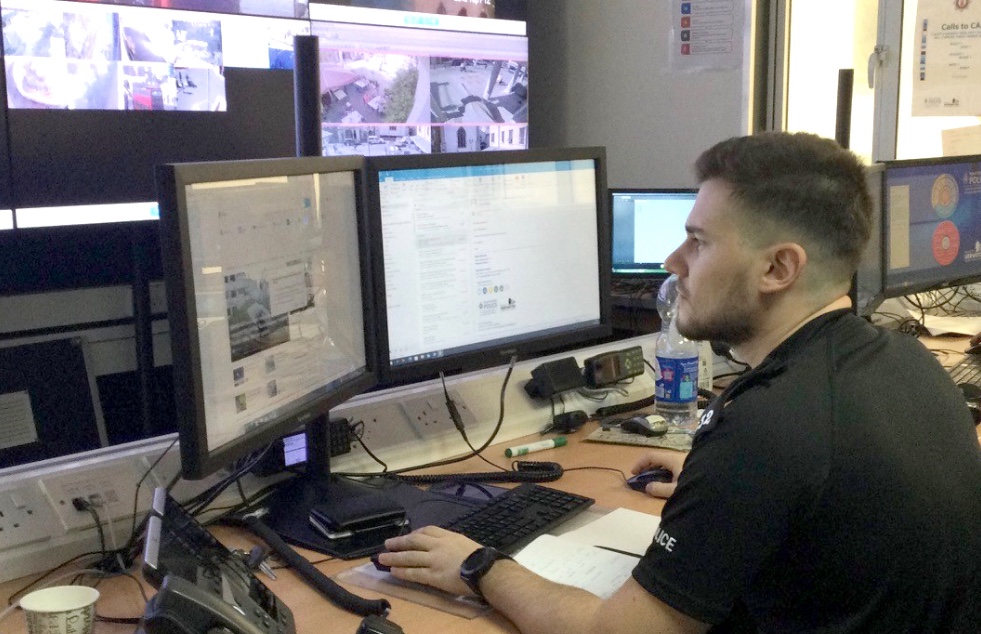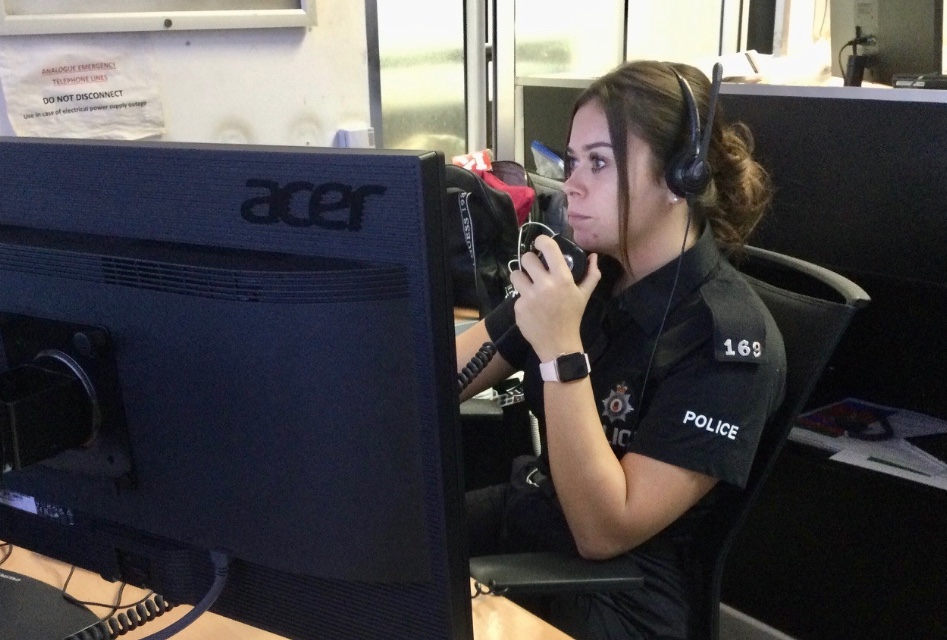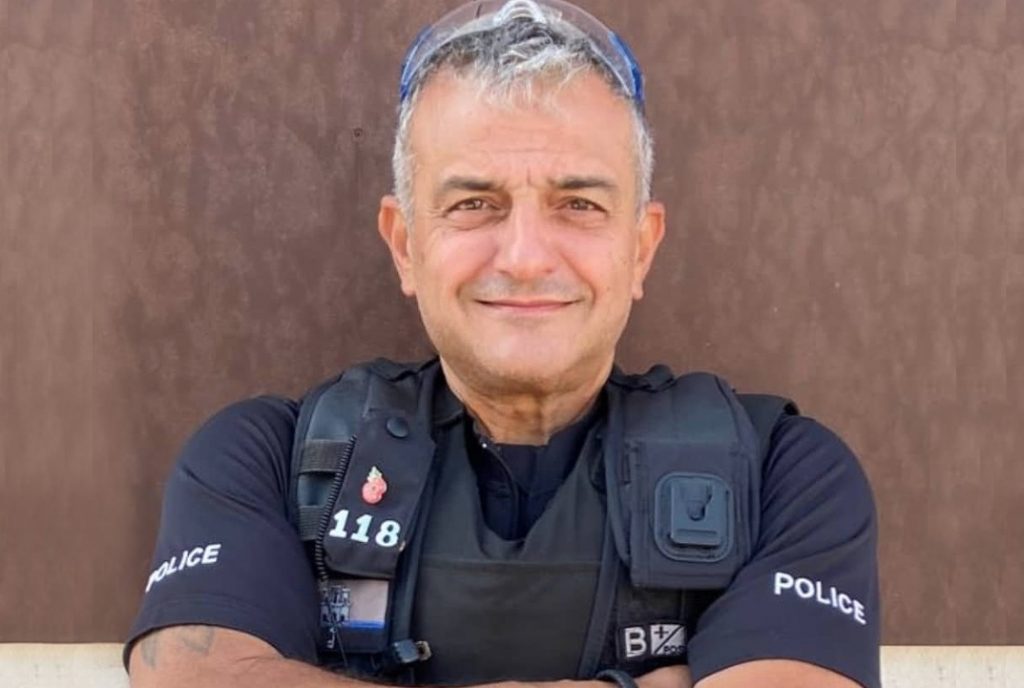Police Insight
ST JOHNS AWARD
PC Karl Moody has been recognised for his extended and devoted work by the Venerable Order of St John with a recent service at the Cathedral of St Mary the Crowned.
In UK and in a number of Commonwealth countries, the medal is awarded particularly in St John Ambulance. It is awarded after 10 years of service with the bar being added after an additional five years – 15 years in total.
Karl has been an RGP officer for the last 10 years and, before that, he served in the Royal Gibraltar Regiment.
“When I was with the Regiment, I used some of my spare time driving Patient Transfer ambulances, taking patients to and from hospitals in Spain,” he said.
“Then I became a First Aid Instructor which is very useful in my work with the RGP where I also provide First Aid Training.”
Well done to Karl from everyone at
Insight.
PROJECT SERVATOR
Project Servator is used to deter, detect and disrupt a wide range of criminal activity while providing a reassuring presence for members of Our Community and visitors to Gibraltar. Project Servator deployments are unpredictable and highly visible. They involve new tactics and cutting edge training for Police Officers that are designed to deter, detect and disrupt a range of criminal activity, from Pick-Pocketing and Theft to Hostile Reconnaissance in pursuit of terrorism activity.
They involve uniformed and plain clothed Officers together with other specially-trained Officers. They are supported by other resources, such as Police dogs and any existing CCTV network.

